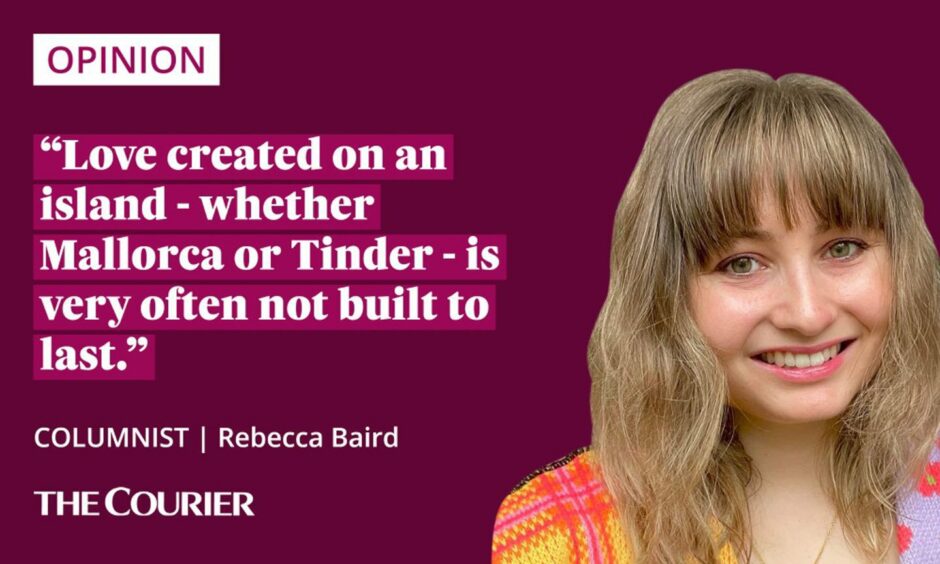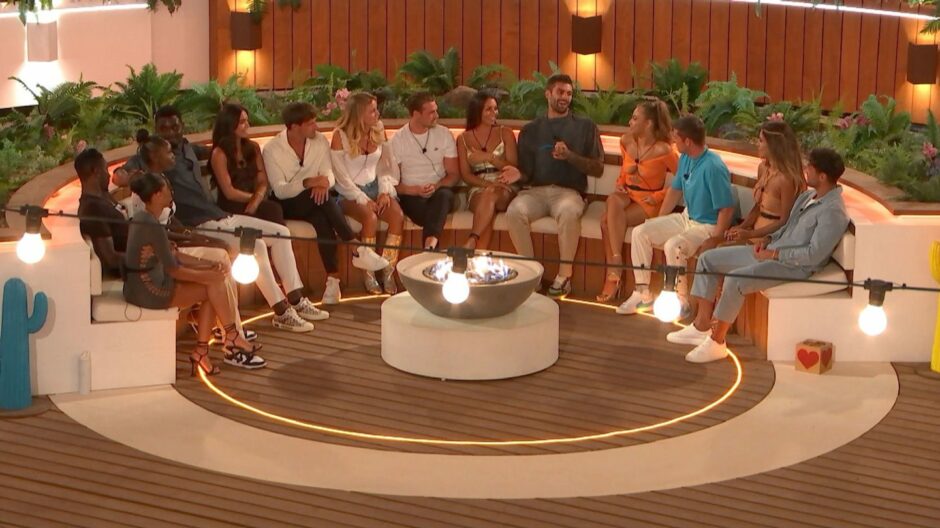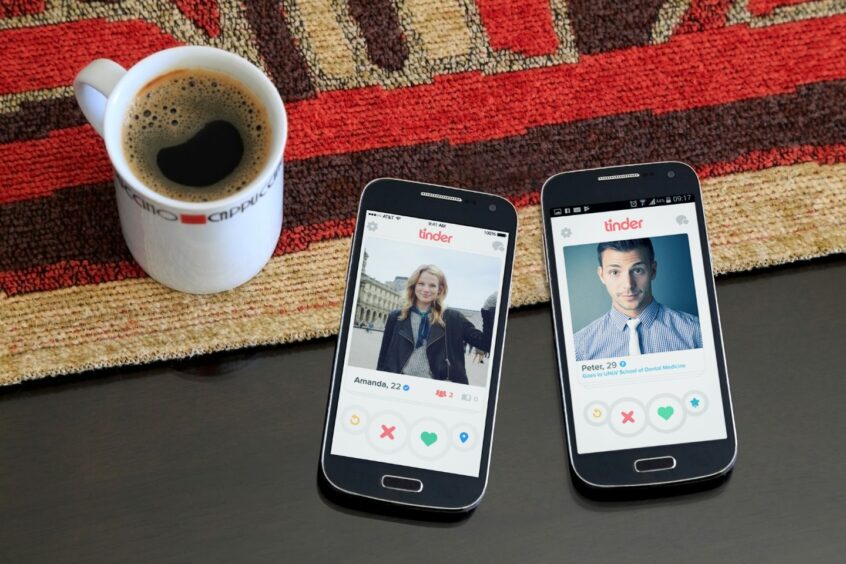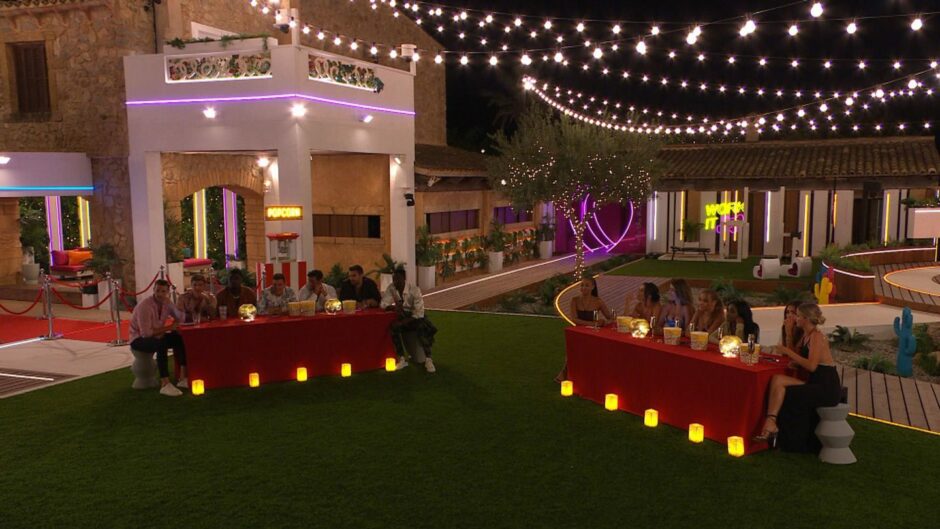I think we can all agree that Love Island is objectively terrible.
Its formula of stilted-sexual-tension-based scripted reality died last decade. Even TOWIE stars are moving on to classier endeavours.
And the ensuing body image debates, mental health scandals and tragic suicides of former contestants Sophie Gradon, Mike Thalassitis, and host Caroline Flack should have been enough to see the plug pulled for good.
Alas, we live in a morally bankrupt, views-driven entertainment economy. And despite these problems, people still watch it. So it’s back next week on ITV for its 10th season.
I won’t be watching it. I will, in all likelihood, be shooting smug, self-superior looks at those who do, because I believe strongly in being annoying.
But what I will not be doing is joining the legions of fellow TV snobs asking ‘Why do people watch that crap?’
Because I know why. I’ve watched it.

One hazy, hungover morning in the blissful pre-Covid summer of 2019, I was slowly dying on a friend’s couch when the dulcet tones of Love Island narrator Iain Stirling chainsawed through my aching cranium.
In the next 40 minutes while mainlining crackers and Irn Bru, I was introduced to a host of personas even more bland and artificial than my hangover cure.
I scoffed, snorted, and sarcastically remarked my way through that episode.
And then the next day, sober as a judgemental cow and entirely on my own, I put on the next one.
Is Love Island the most real reality show?
And on and on it went for eight weeks.
New bombshells entered the villa. People coupled up. Casa Amor caused some major drama. And I inhaled the lot, shamefully, like a litre of ice cream over the sink.
Why? Because despite the fake boobs and fake nails and fake narrative provided by clever editing, there was something so real happening on that screen.
Not love; don’t be daft. The realness of Love Island lies not in its first word, but its second: island
Contestants are cut off from all civilisation – friends, families, phones, and even entertainment like TV and video games.
(It’s not clear if they’re allowed books; I’m not sure if anyone on it has ever asked.)
We’re led to believe the logic behind this is that they are forced to bond, deeply, without distraction, in order to truly get to know one another and find their soulmate.
love island you have taken the best years of my life and left me with nothing. you have drained me dry, stolen summer after summer, laughed as I said please no more. you have ruined me. anyway see you in 2 weeks x https://t.co/7g0ssL6m2o
— Beth McColl (@imbethmccoll) May 24, 2023
On our TV screens, it’s obvious this makes no sense. You’ve only just met, you don’t know them!
But in real life, isn’t this what modern dating looks like too?
Modern dating takes place on an island of two
We live in a dating culture where most interactions begin online, based on appearance and the same cursory “quirky” details trotted out to form fast, airy bonds – “fight me if you think pineapple belongs on pizza”, “my dogs are my kids!”, “looking for someone to curl up and watch The Office with”.
From there, courtship takes place in the vacuum of texting, where the time to carefully craft responses allows you to curate the persona you want your paramour to perceive.
Even when real life dating begins, romantic pursuits are kept strictly separate from friends and family, known only by their vague identifiers – Coffee Shop Girl, Hat Guy – until the relationship has progressed to the elusive point of overt exclusivity.
(And that’s if you make it past the ‘talking stage’ or ‘situationship’ territory.)
By now, you’ve exchanged so many written words that the chat has likely moved on from favourite colours and first date disasters to sharing childhood histories, career aspirations, political beliefs.
You really, really know this person.
Except you don’t.
Dating: An extreme sport for the emotionally deranged
You don’t know how they act around their mum, or that they bite their fingernails while watching The Office.
You haven’t seen them get in a bad mood when their team loses or baby talk to their cat.
All you know is how they are with you, or texting you; all you know is the person they want you to know.
That’s not love – it’s infatuation with an idea. And I’d wager it’s the leading cause of heartbreak in young people dating today.
Because when the reality stops living up to the illusion, you don’t only lose the person you’d made up in your head, but also the potential future you were building with them.
Love created on an island – whether Mallorca or Tinder – is very often not built to last.
But when it’s broadcast nationwide as the definitive microcosm of modern dating, with all its sanitised self-awareness and superficial ‘icks’, Love Island ironically tells us exactly what we want to hear every time we enter the deranged world of dating:
You are not alone.














Conversation